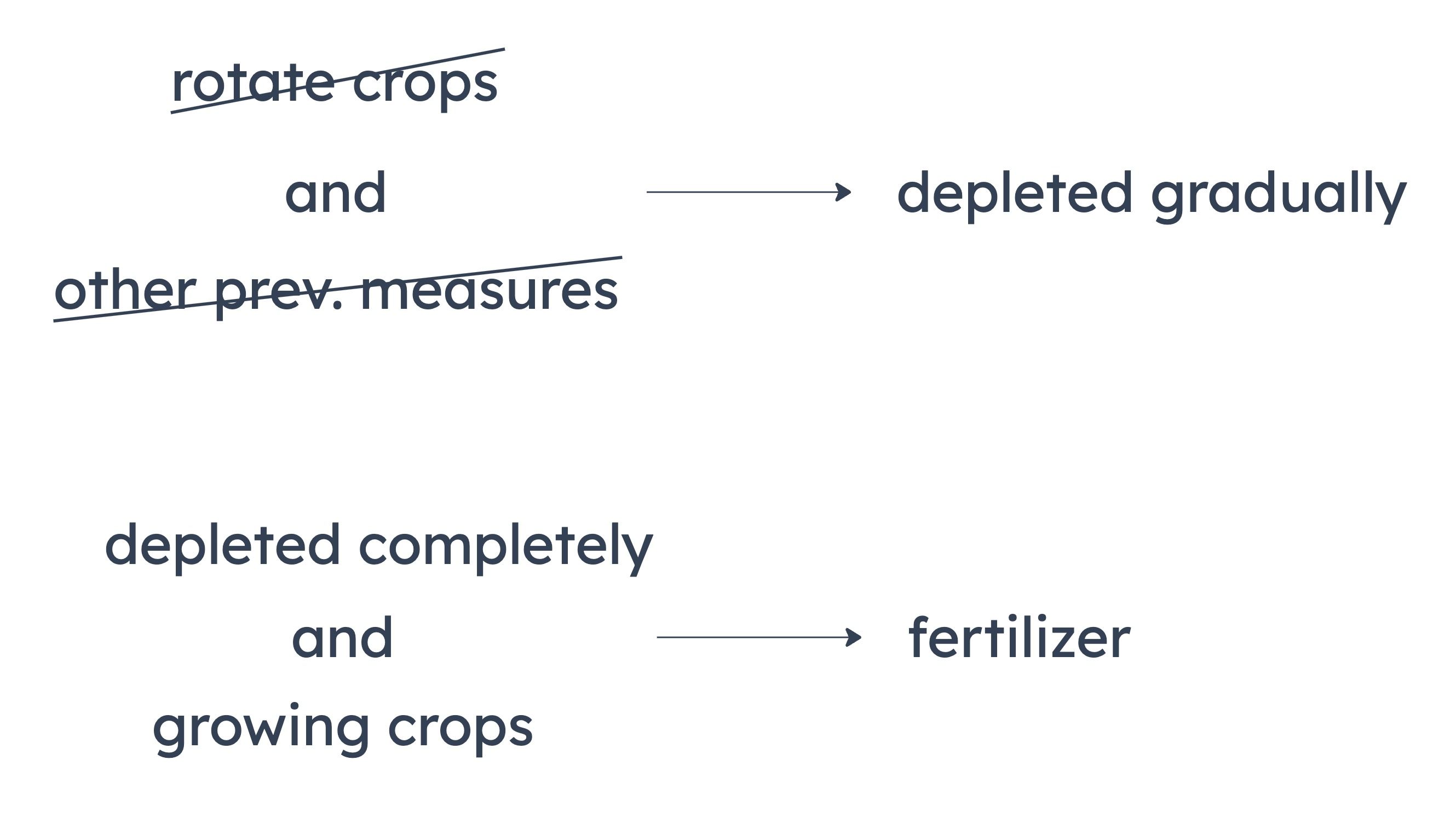A
If an action taken to secure the survival of a business fails to enhance the welfare of the business’s employees, that action cannot be good for the business as a whole.
B
Some measures taken by a business to increase productivity fail to be beneficial to the business as a whole.
C
Only if the employees of a business are also its owners will the interests of the employees and owners coincide, enabling measures that will be beneficial to the business as a whole.
D
There is no business that does not make efforts to increase its productivity.
/efforts to increase productivity→/business
E
Decreasing the number of employees in a business undermines the sense of security of retained employees.
Kendrick: Governments that try to prevent cigarettes from being advertised are justified in doing so, since such advertisements encourage people to engage in an unhealthy practice. But cigarette advertisements should remain legal since advertisements for fatty foods are legal, even though those advertisements also encourage people to engage in unhealthy practices.
"Surprising" Phenomenon
How can governments that try to prevent cigarettes from being advertised be justified in these attempts, even though cigarette advertisements should remain legal?
Objective
The correct answer should show how governments might be justified in trying to stop cigarette advertisements even if these advertisements should still be legal. Perhaps there’s a method to prevent cigarette advertisements that doesn’t involve trying to ban them or make them illegal.
A
Any advertisement that encourages people to engage in an unhealthy practice should be made illegal, even though the legality of some such advertisements is currently uncontroversial.
One part of the discrepancy is the fact that the advertisements should be legal. (A) contradicts this fact by saying these advertisements shouldn’t be legal. Denying one of the facts doesn’t help resolve the discrepancy.
B
The advertisement of fattening foods, unlike that of cigarettes, should not be prevented, because fattening foods, unlike cigarettes, are not addictive.
What the government should do with fattening foods doesn’t impact what the government should do with cigarettes.
C
Most advertisements should be legal, although advertisers are always morally responsible for ensuring that their advertisements do not encourage people to engage in unhealthy practices.
But how can the government still be justified in attempting to prevent cigarette advertisements from being shown? This answer doesn’t provide a potential answer.
D
Governments should try to prevent the advertisement of cigarettes by means of financial disincentives rather than by legal prohibition.
Even though cigarette advertisements should be legal, the government can be justified in preventing cigarette advertisements through financial disincentives. For example, maybe taxing the ads could get cigarette companies to refrain from showing ads.
E
Governments should place restrictions on cigarette advertisements so as to keep them from encouraging people to engage in unhealthy practices, but should not try to prevent such advertisements.
Part of the discrepancy is that the government is justified in trying to prevent cigarette advertisements. (E) contradicts this part of the discrepancy by saying the government should not try to prevent the ads. Contradicting one part of the discrepancy doesn’t help explain it.

A
The soil in which the vegetables were grown may have been completely depleted of nutrients because of an earlier failure to rotate crops.
B
It is not possible that the vegetables were grown in soil in which crops had been rotated.
C
The vegetables were grown in soil that had not been completely depleted of nutrients but not necessarily soil in which crops had been rotated.

D
Whatever the health risks to humans from eating the vegetables, these risks would not be attributable to the use of pesticides on them.
E
The health risks to humans from eating the vegetables were no less than the health risks to humans from eating the same kinds of vegetables treated with pesticides.
Chang: I do not dispute your evidence, but I take issue with your conclusion. Many of the researchers you refer to have found evidence that a set of several genes is involved and that complex interactions among these genes produce a predisposition to manic-depression.
A
It presupposes only one possibility where more than one exists.
B
It depends on separate pieces of evidence that contradict each other.
C
It relies on the opinion of experts in an area outside the experts’ field of expertise.
D
It disallows in principle any evidence that would disconfirm its conclusion.
E
It treats something that is merely unlikely as though it were impossible.
Arjun: I disagree! For example, unauthorized use of medical records systems in hospitals could damage data systems on which human lives depend, and therefore computer crimes also cause physical harm to people.